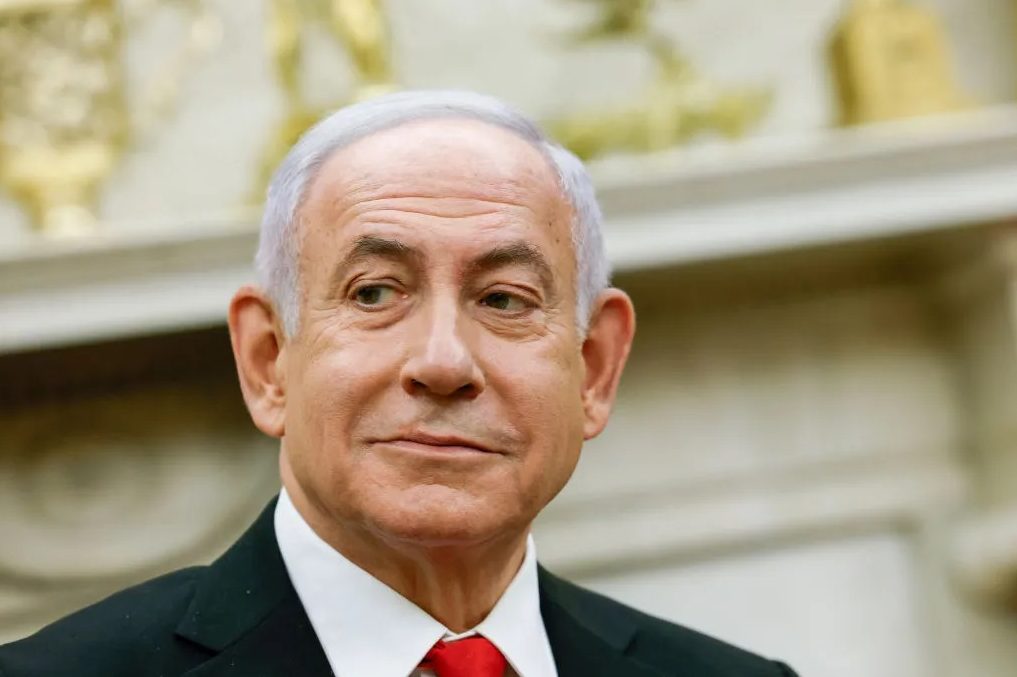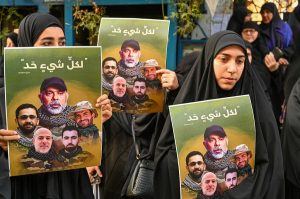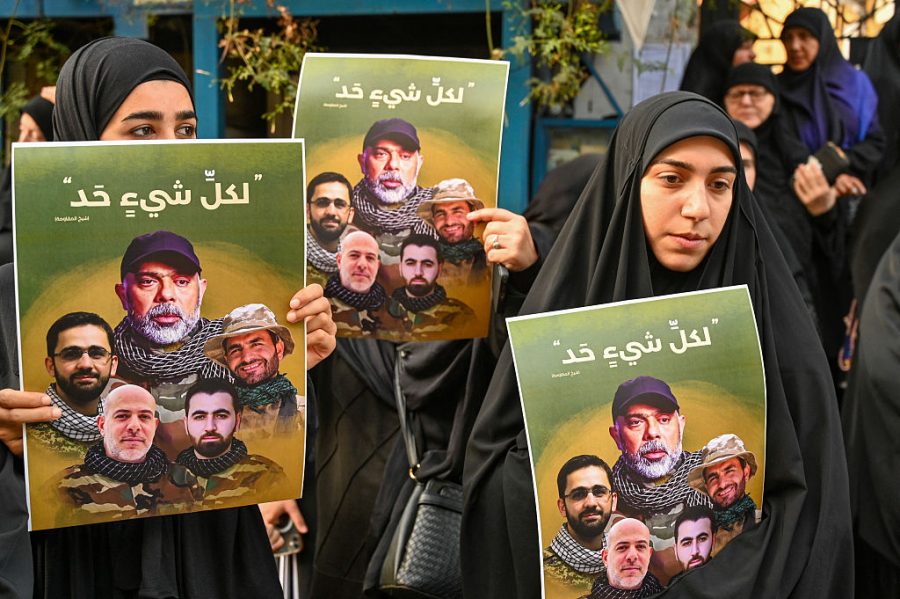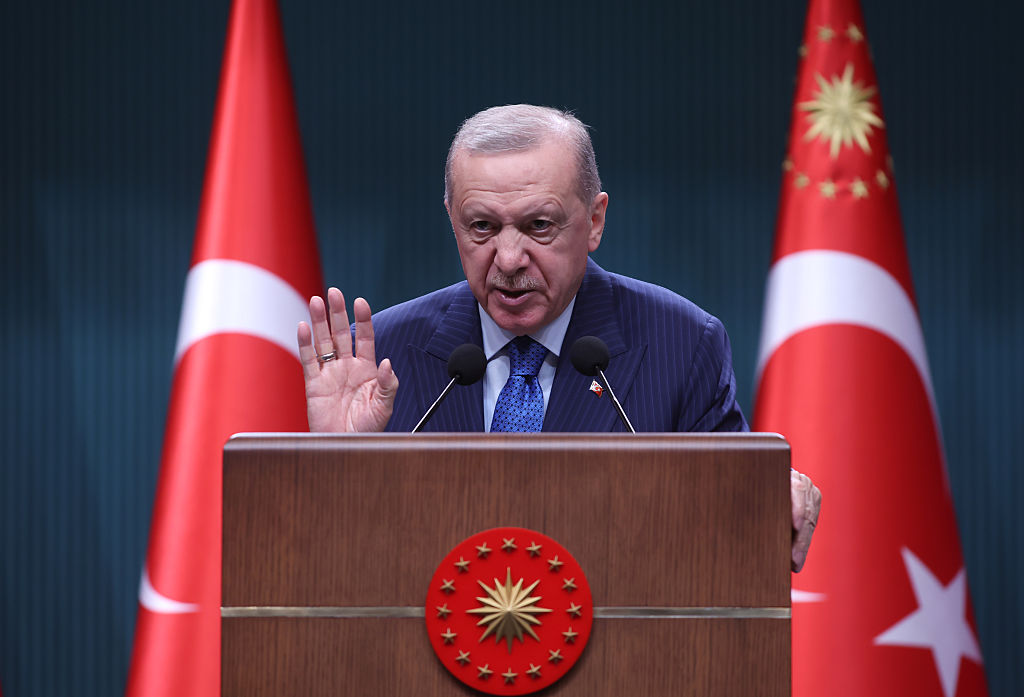The question now facing Israel is this: will the war in Gaza recommence? The ceasefire agreement was signed less than a month ago and it is already looking shaky.
The first phase of the deal has not yet been completed. Sixteen of the thirty-three Israeli hostages scheduled to be freed in this phase have been released, and so have 656 of 2,000 Palestinian prisoners. But Hamas has now announced the postponement of the release of an additional three hostages, which was scheduled to take place this Saturday.
President Donald Trump has expressed support for abandoning the phasing of the deal, and demanded that all hostages be released by Saturday at noon — not just those scheduled for the weekend. Israeli prime minister Benjamin Netanyahu, meanwhile, has also said that the ceasefire will end if hostages are not released, but has not echoed Trump’s call for every hostage to be immediately freed: “If Hamas does not return our hostages by Saturday noon,” he said, “the ceasefire will end, and the IDF will return to intense fighting until Hamas is completely defeated.”
Regardless of these specifics, the fact is that, as currently constituted, the agreement leads to an outcome which is, and which should be, entirely unacceptable to Israel: namely, the survival of the Hamas regime in Gaza. In the second phase of the agreement, the IDF will fully withdraw from Gaza, and there will be a long-term cessation of fire.
At that point, if it’s reached, as the smoke begins to clear, it will become apparent that the Hamas regime in Gaza has survived Israel’s response to the massacres of October 7. A narrative will then begin to be spun: the events of the past eighteen months, Hamas will argue, show the way forward in the battle against Israel: if you want to strike at the Jewish state and prevent it from an effective response, all you have to do is make sure that you capture some Israeli hostages.
They can be military or civilians, male or female. If you can secure these unfortunates, and begin to bargain for them, then you will succeed in preventing any serious harm to the things that matter to you. (In the case of the Palestinian Islamists, the things that matter to them do not include the lives of Palestinian civilians, or the infrastructure of civil life). At the end, you will have suffered, but you will have survived to plan the next attack.
It seems fairly clear that the Israeli prime minister, while wanting to secure the freedom of as many hostages as possible, considers that this outcome to the war would constitute a mortal peril to the future security of Israel, and perhaps over the long term to its survival. As a result, it looks like he is reluctant to go further down this road, and may well prefer to recommence the fighting rather than acquiesce to the survival of Hamas governance in Gaza.
He would be right to do so. While Israel has tended to emphasize the regional level threats to its security in recent years, its core challenge, as demonstrated on October 7, is closer to home. There is, between the Jordan River and the Mediterranean Sea, two populations of roughly equal size, one Israeli-Jewish, the other Palestinian-Arab-Muslim. The latter population, as all electoral records and polling will confirm, favors political Islam as its preferred form of governance. Political Islam, in both its Sunni and Shia forms, rejects the possibility of continued sovereignty for the Israeli-Jewish people, and is actively engaged in efforts to undermine, erode and eventually destroy Jewish sovereignty in the area. Islamist movements are engaged in a long war, intended to break the will of the Israeli people and slowly to erode Israel’s viability.
The 2023-24 Gaza war began with the worst single massacre of Jews since the Holocaust. If it ends with the survival of the authority which ordered and carried out this massacre, then that authority and the idea it represents will have been immeasurably strengthened. Israel’s continued viability depends on the maintenance of deterrence, in hostile surroundings. It is in this context that current events should be viewed. If Hamas in Gaza can secure its survival through the taking of hostages and their exchange for its continued governance, it will justifiably be able to claim victory in its most recent war with Israel. Its actions on October 7 and subsequently will then form a model for the next generation of jihadis. The second phase of the ceasefire agreement is set to produce this outcome. It ought to be unacceptable to Israel.

























